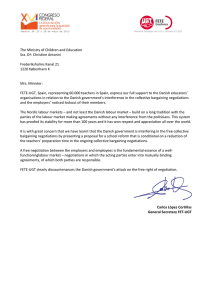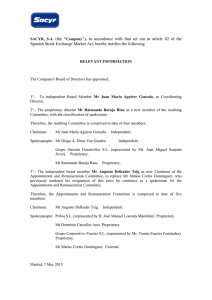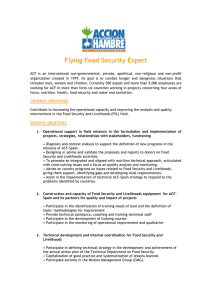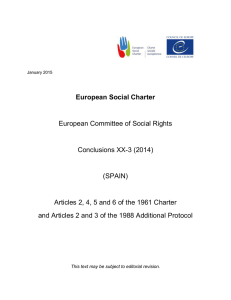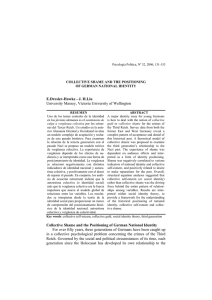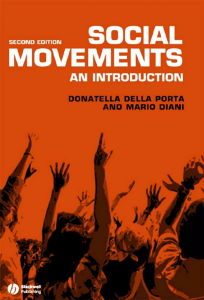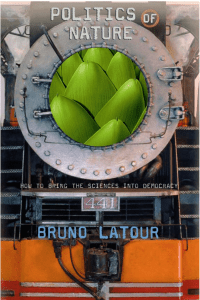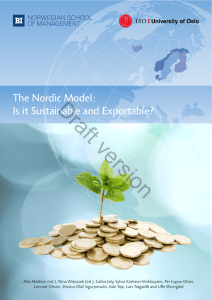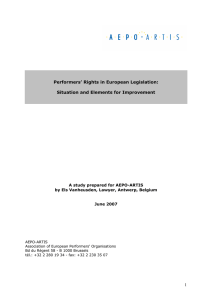Orphan works in a Danish perspective
Anuncio
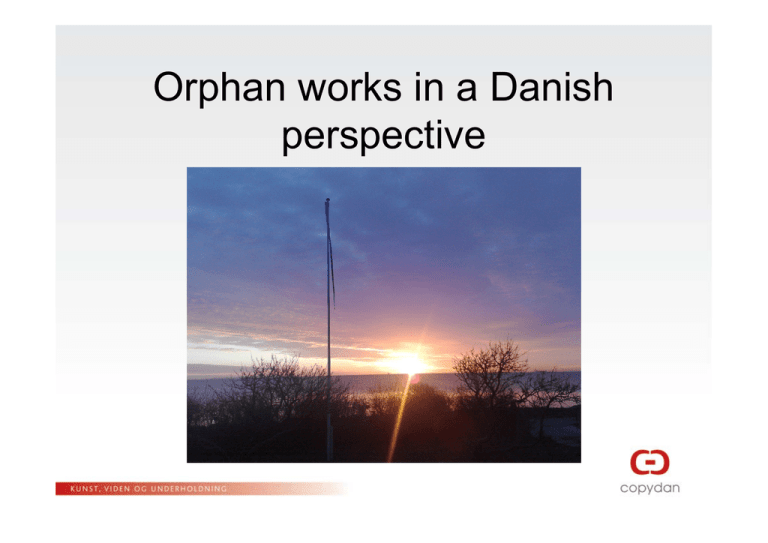
Orphan works in a Danish perspective The Danish solution • Using the so-called general extended collective license in the Danish Copyright Act § 50 subsection 2. The story behind • Media policy agreement 2007-2010 • Establishing a committee on the digitization of cultural heritage • Representatives from archives, museums, libraries, DR and TV2 • Rightsholders representatives • Sub group to identify the specific copyright issues The report from the copyright sub group • The Sub group delivered its interim report in April 2007. • One of the questions which the group focused on was how to solve the orphan-works problem. • The conclusion was that regarding the orphan-works problem an extended collective license solution was preferable. • The copyright sub group proposed that the Ministry of Culture initiated an amendment to the Copyright Act in line with the above Amendment to the Copyright Act. New provision in § 50 subsection 2 • Users shall be able to enter into agreements with extended collective licensing effect with an organization that represents a substantial number of rightsholders to certain types of works that are used in Denmark in the specific area of exploitation. • Condition that The Ministry of Culture approves those rightsholder organizations that wishes to enter into agreements with extended collective licensing effect. • In approving the Ministry must ensure that the organization is representative in the applied field. • Individual prohibition (opt-out). Non-represented rightsholders • The Danish Copyright Act contains a special protection for non-represented rightsholders. • The rules that the collective management organization has established regarding distribution of remuneration to rightsholders who are represented by the organization must also apply to unrepresented rightsholders. • Non-represented rightsholders can claim individual remuneration even if such right does not appear in the agreement with the user or in the distribution rules of the collective management organization. Copydan Writing and the practical administration of agreements with extended collective licensing effect. • • • • Individual distribution of remuneration Based on reporting from users Subsequent ”due diligence search” Remuneration is also distributed to nonrepresented rightsholders and to foreign rightsholders ECL – cultural and other issues • • • • The Nordic legal tradition Based on Nordic labour law The cultural tradition A high level of organizations Thank you for your attention!
